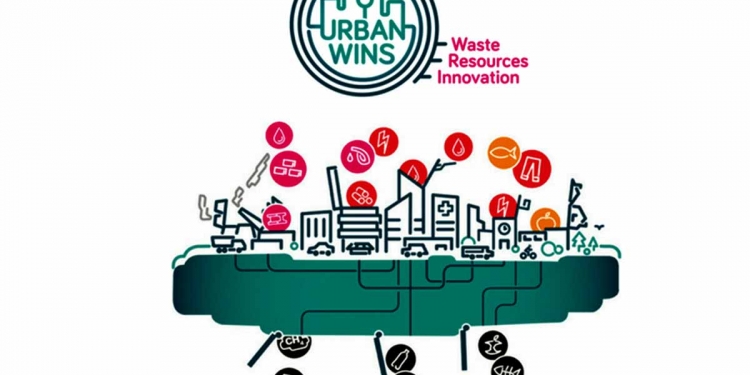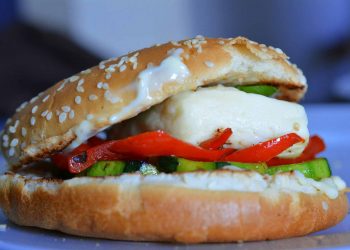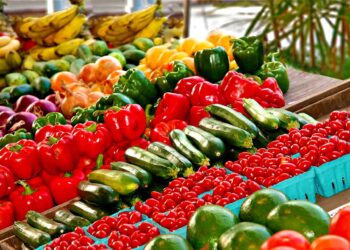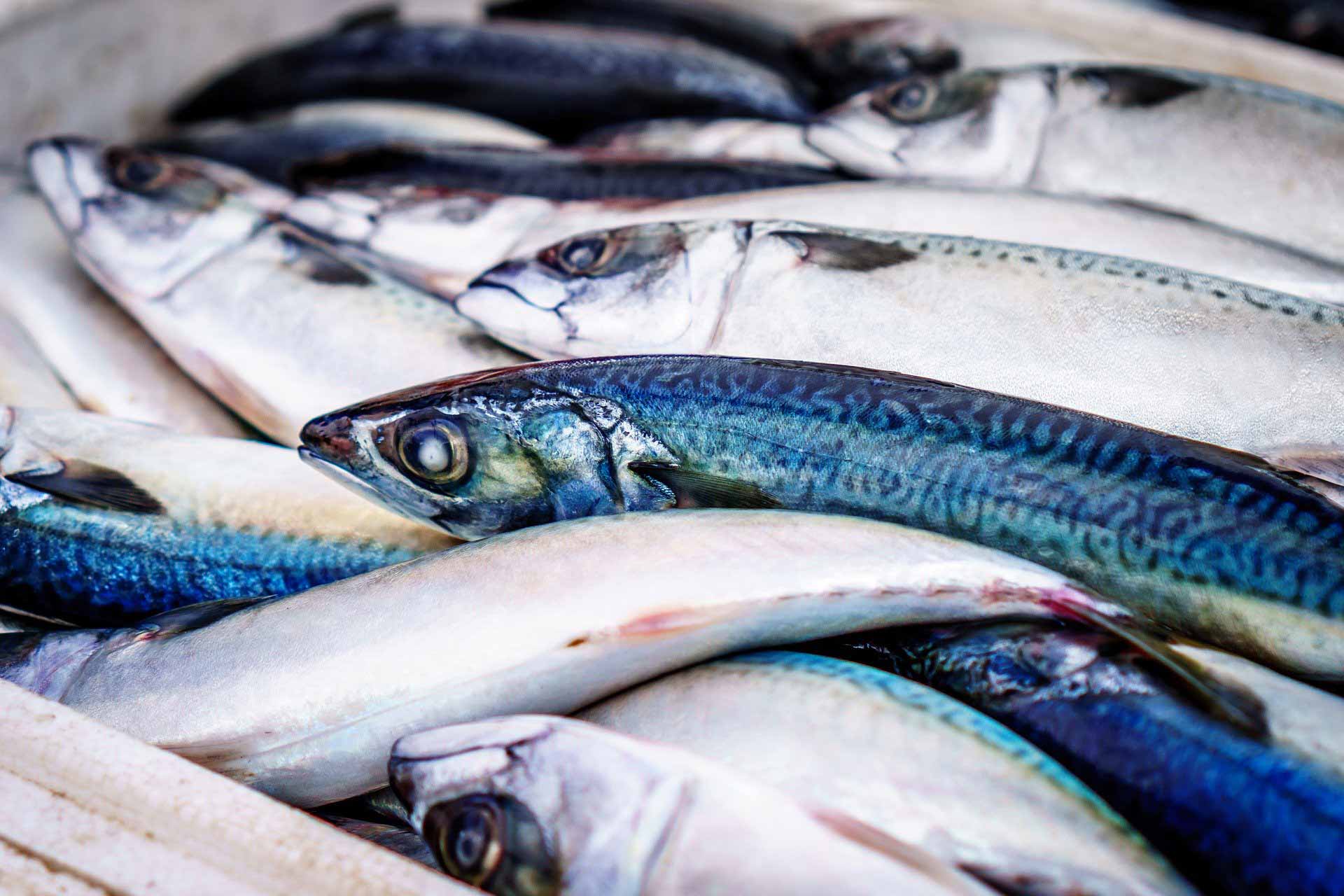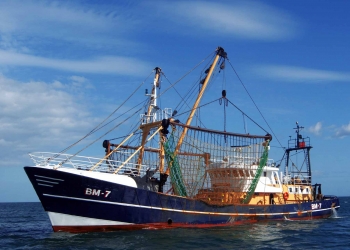According to the European Commission, around 88 million tonnes of food waste are generated annually with associated costs estimated at 143 billion euros. According to FAO, up to one third of all food is spoiled or squandered before it is consumed by people, and food is lost or wasted throughout the supply chain.
Some of the UrbanWINS cities have decided to respond to this problem and tackle food waste as part of their pilot actions.
ICLEI and these UrbanWINS cities want to present some of the initiatives being conducted to minimise food waste.
ONLINE EVENT – Tuesday 12th March, 11.00-12.30
Programme:
11.00. Welcome and introduction.
Meritxell Díaz, ICLEI European Secretariat
11.05. Why we want to fight food waste
Hanne Heymans, project manager FoodWIN
11.25. Cremona and the fight against food waste: enhancement of the recovery and the donation of food surpluses and promotion of informed purchases
Martina Macconi, Advisor for the Municipality of Cremona for UrbanWINS project
Francesca Federici, founding partner of EStà and expert in food policy
11.45. Sabadell and its food waste prevention programme
Anna Puiggros, project officer at the Innovation Department of the City of Sabadell
12.05. Leiria and its guide for food waste reduction
Margarida Morais, Senior Technician for Environment at Leiria Municipality
12.20 Time for discussion and conclusions
Food Waste: Can we balance our consumption and reduce waste at production?
ICLEI – Local Governments for Sustainability, founded in 1990 as the International Council for Local Environmental Initiatives, is the world’s leading network of local and regional governments committed to sustainable development. ICLEI believes that local action drives global change and the leadership of local and regional governments can make a major difference in addressing complex environmental, economic and social challenges.
UrbanWINS is a European project funded by the Research and Innovation Program Horizon 2020 that studies how cities consume resources and products, and how they eliminate the waste produced, in order to develop and test innovative plans and solutions aimed at improving waste prevention and management.
Launched in June 2016, the project analyses current strategies for waste prevention and management in a total of 24 cities and assesses how they contribute towards resilience and resource efficiency. The project follows the urban metabolism approach, in which cities are considered living organisms that use natural resources and create a flow of materials and energies. The results are used to define objectives and indicators of the Strategic Plans for Waste Prevention and Management in the eight pilot cities.
As the world fights plastic waste, could food waste be next?
EU Debates!
Your opinion counts!

